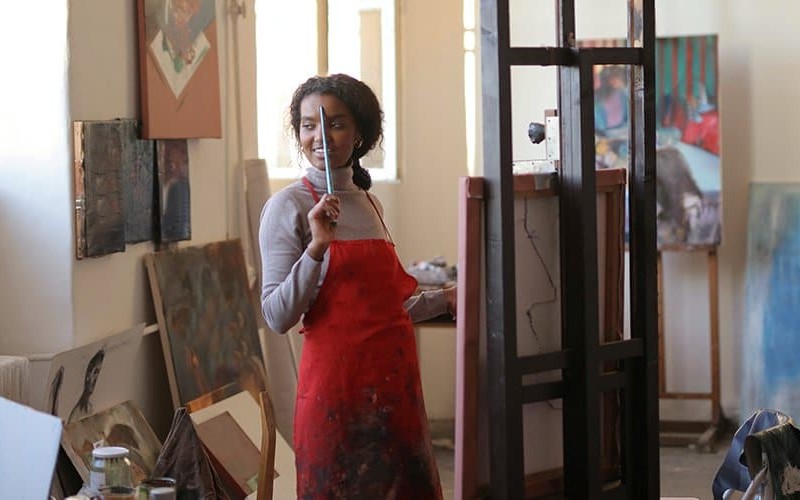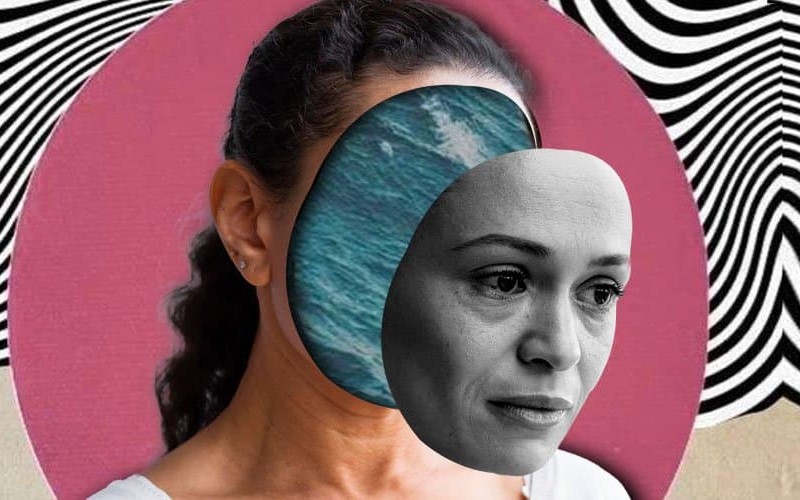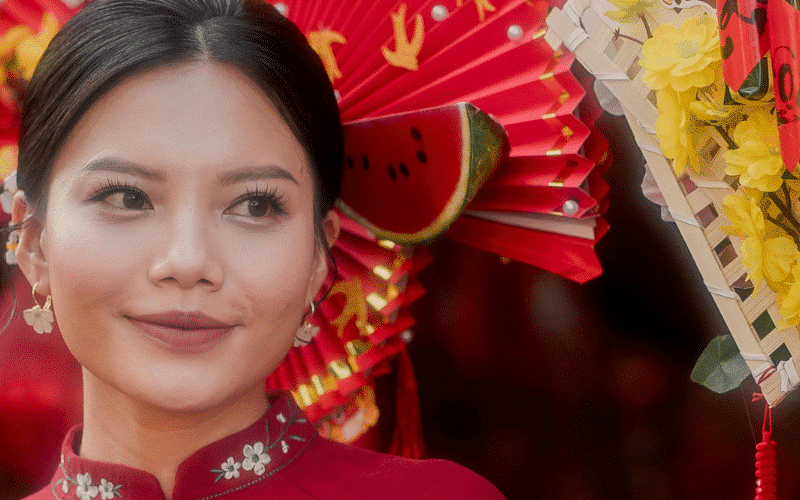Should We Think Twice Before Turning Our Passion into a Side Hustle?
Ever tried to turn your hobby into a side hustle only to lose the joy and creativity that drew you to it in the first place? It seems like society keeps pushing us to make a profit out of everything, but here’s a thought: how about we just create for the sake of creating?

Picture this. You’ve found a new hobby that you love, and you happen to be pretty good at it! You share it with your friends and fam, and they encourage you to turn it into a side hustle. “You should sell these!” they say. “Why, yes, maybe I should,” you think to yourself. But suddenly, that thing you once enjoyed has taken a backseat, and you find yourself stressing over business plans, logos, branding, logistics… wait, how did we get here again?
Amidst the chaos of the COVID-19 pandemic, people all over the world found themselves turning to side hustles and creative pursuits. The reasons varied – some had lost their jobs or experienced significant income reductions, and needed to find alternative ways to make ends meet. Others found themselves with extra time on their hands due to remote work or reduced hours and took the opportunity to explore hobbies and other interests.
With social interactions limited and everyone cooped up indoors, the need for mental stimulation and engagement was more pressing than ever. Financial security and savings also became a priority for many, motivating them to pursue side hustles and boost their income.
The pandemic accelerated a shift towards digitalization and remote work, making it easier than ever to start and run side hustles from home. Fast forward a few years, and many of these cultural shifts are still here to stay. With the rise of TikTok and the countless creators it has spawned, it seems like everyone is trying their hand at something new these days.
But with this increased focus on monetization and profit, it’s easy to lose sight of the joy and creativity that initially drew us to these pursuits. We might find ourselves wondering why we haven’t been able to turn our passion for slime-making into a booming business as some other people have. We might feel like we need to validate ourselves through our constant busyness or our ability to turn every hobby into a profit-making venture.
This is especially true for Latines, as our culture places a strong emphasis on hard work and values being productive – kind of like how your mom would tell you to get off of the couch and go do something.
And while we’re all for seeing more and more Latine-owned businesses, here’s the thing: you don’t need to monetize every single thing you’re good at. In fact, you don’t even have to be good at it. It’s okay to let yourself enjoy something purely for the sake of enjoyment. Don’t let the pressures of consumer culture make you feel like you need to be constantly hustling or profiting off every skill or hobby you have. Take a step back, and let yourself revel in the joy of creation for its own sake!
Having a hobby is like having a personal playground where you can escape from the stresses of everyday life. It’s a healthy way to unwind and let go of any anxiety you might be feeling. Plus, it’s actually good for your brain. By engaging in mentally stimulating activities, you can boost your cognitive functions and even improve your memory. Not to mention the confidence boost that comes with mastering a new skill or creating something you’re proud of. Hobbies can also help you connect with others who share your interests, which is a great way to form new connections and build a sense of community. It’s not just a fun pastime, it’s a form of self-care and a valuable tool for maintaining good mental health.
We’re painfully aware that we live in a world that’s all about the hustle. And hey, we get it – making money is important, and there’s nothing wrong with wanting to earn a living doing something you love. At the end of the day, it’s up to you to decide whether you want to monetize your hobbies or not. But we’re here to remind you that it’s okay to keep some things just for yourself. Indulge in your hobbies without worrying about making a profit. Your body and mind deserve a break from the craziness of this world.




